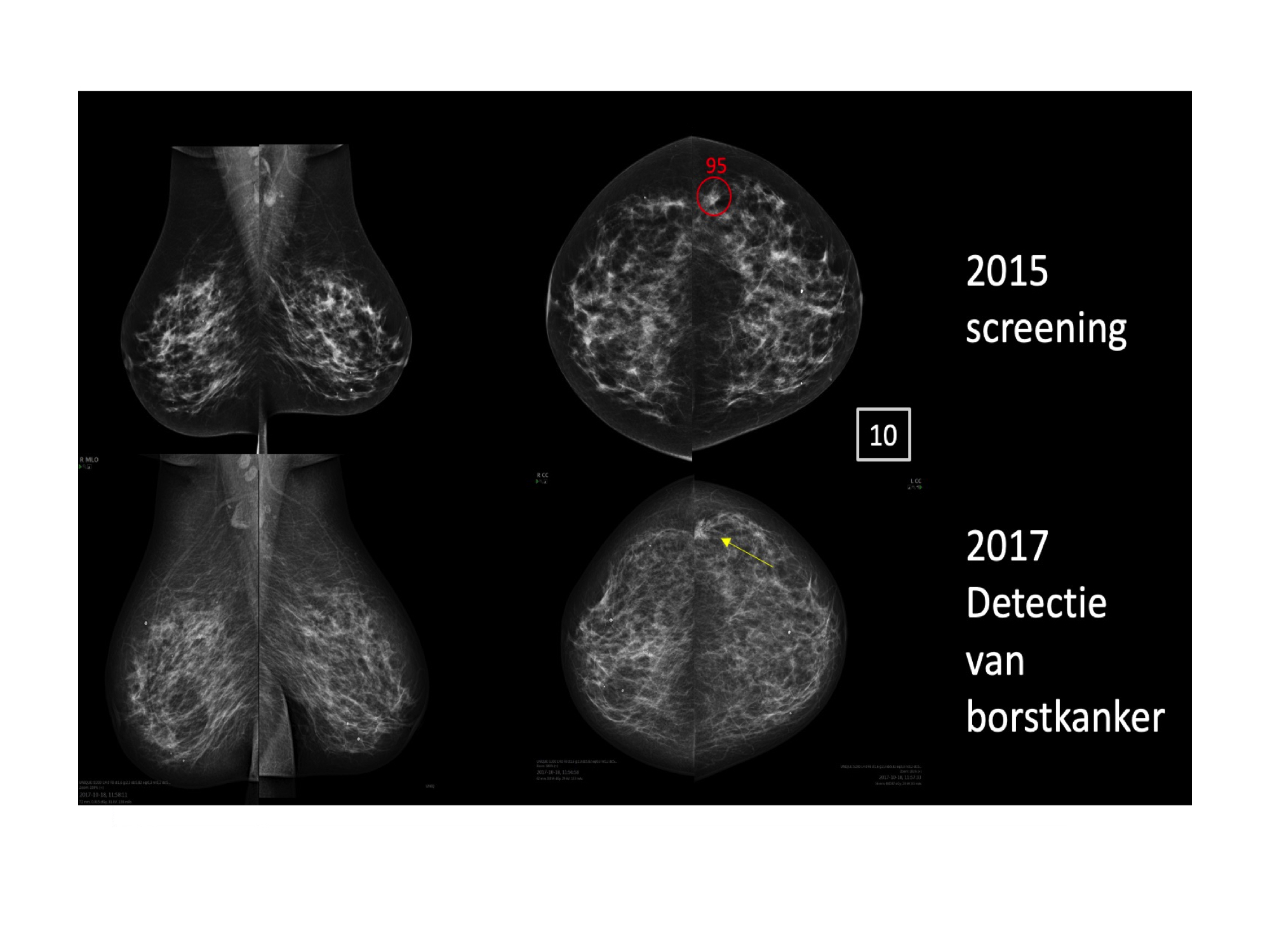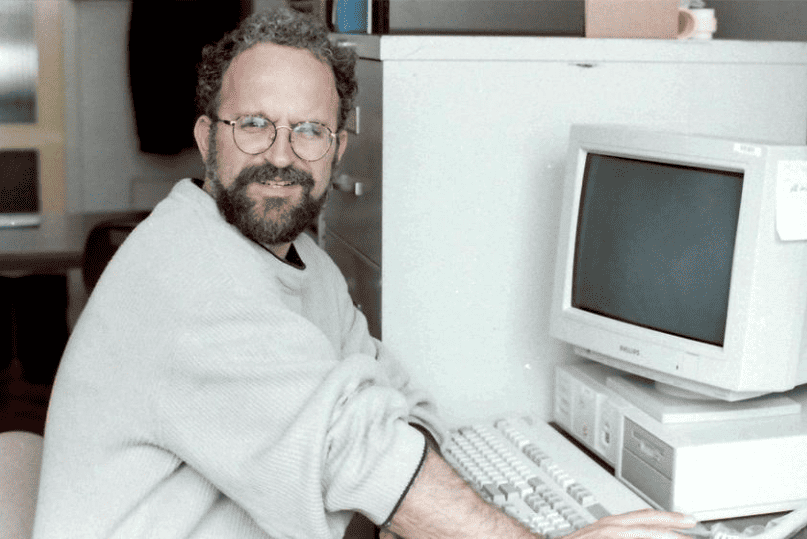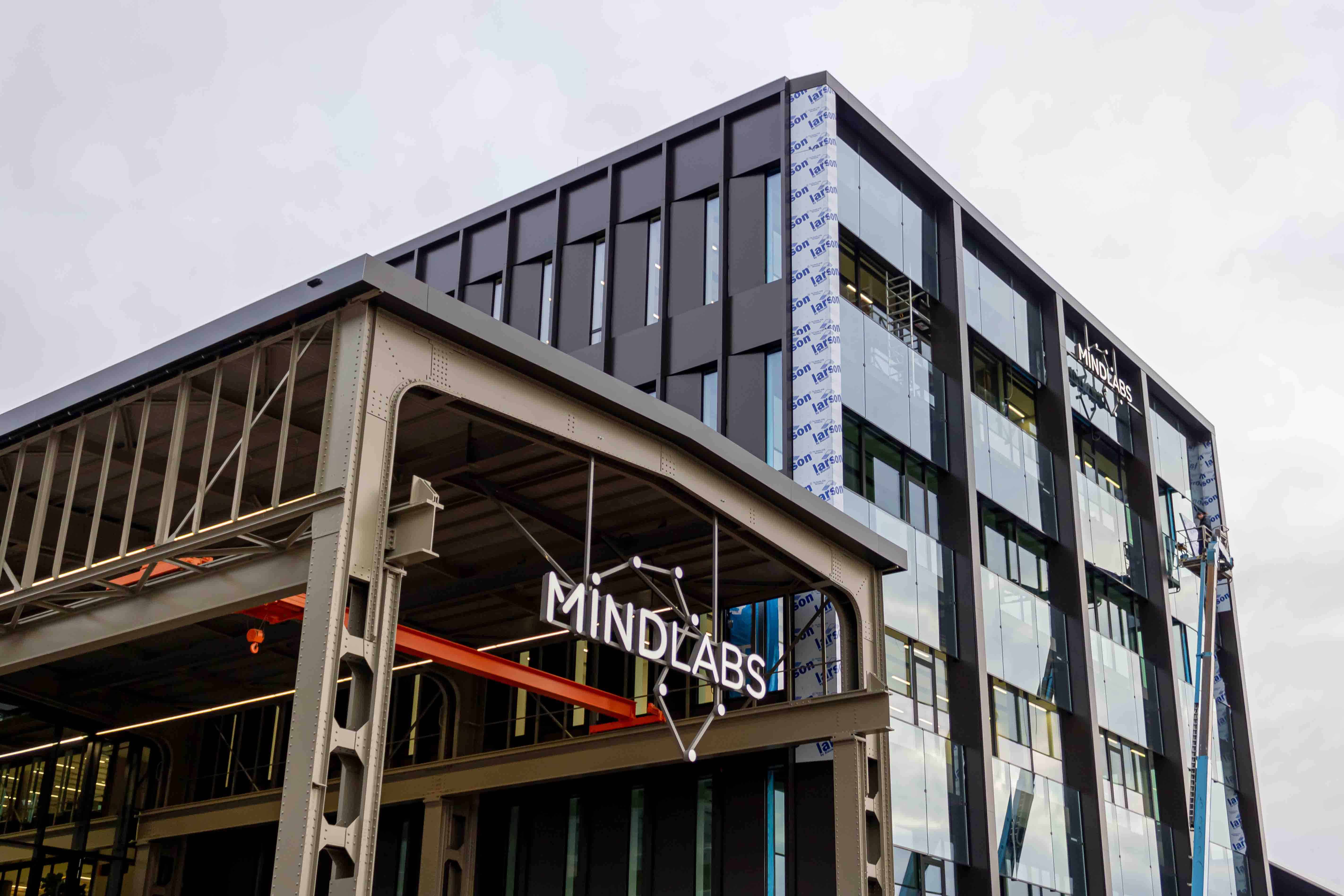
Get used to it: not only your work meetings but also your doctor’s consultations will be held more often online. After all, in order to keep healthcare accessible and of good quality, the role of digital healthcare is increasingly becoming more important, according to the latest version of the Dutch Integral Healthcare Deal (Integraal Zorgakkoord, IZA).
New innovations should ease the workload of healthcare providers, but they also place some of the initiative with patients. For example, Microsoft has developed a health bot where patients can enter their symptoms. The bot analyses the inputted symptoms, makes healthcare recommendations and can connect the patient with a healthcare provider if deemed necessary.
More and more healthcare providers have so-called ‘self-service technology’. Easy-to-use service portals and communication platforms provide patients with an easily accessible way to contact a healthcare provider. Rijnstate hospital in the Netherlands is an example of a healthcare provider where an e-consultation can be scheduled.
It is all too common for people to also visit their healthcare provider for relatively minor healthcare issues. In many instances, this is unnecessary. Video calling then offers a perfect solution. The same applies to the contacts in home care between carers and clients. Sometimes even the presence of a home care worker is no longer needed. For example, the HelpSoq company has invented a device for putting on support stockings.

More and more apps are being developed to help keep a watchful eye on the safety of seniors, for instance. Take the app Are You Ok Today. It notifies your loved ones if something happens to someone in the home. This is because this app accurately tracks electricity consumption. We all have appliances in our homes that we turn on and off throughout the day like a fridge, television or the radio. This eventually produces a certain kind of rhythm. If that rhythm is disrupted, then it is highly likely that something is wrong. The creator of this app, by the way, thinks privacy is paramount. The user is called first as soon as the app notices that the normal rhythm is disrupted. Then, if there is no response, other involved parties are alerted.

AI should be supplementary, not a replacement
Apart from the innovations mentioned above, there is also another app that can answer personal questions related to health issues. The app works based on machine learning and is currently already capable of reassuring people worried about a minor ailment. The Austrian company xund.ai is working hard to further improve this app that they have developed.
“There are not enough doctors in relation to the number of patients. More and more is being asked of doctors and the overall healthcare system, even though they cannot cope with that demand right now,” says Tamás Petrovics – CEO and co-founder of XUND. ” We’re now reaching a point where the bucket is spilling over and the healthcare system is no longer efficient and accessible,” Petrovics asserts. XUND’s goal is to empower patients as well as healthcare providers in making better healthcare decisions. The medically certified AI tool is able to do just that.

Besides helping to take a lot of tasks out of the hands of healthcare providers, patients also stand to benefit: they will be able to research things online more often on their own. According to Petrovics, AI (artificial intelligence) is now at a level where it can provide patients with the right advice and help them navigate their way towards appropriate healthcare providers when needed. However, Petrovics does not think its AI-driven tool should supplant healthcare providers. “Our tool is intended to serve the purpose of making the healthcare system as effective as possible, not to make healthcare providers redundant,” Petrovics points out.

Future plans
As it stands now, we want AI to serve as a decision-making support tool for doctors,” Petrovics explains. “It is, of course, broadly applicable, but take radiology for example. This is where we want CT scan images and other X-ray images to be analyzed faster and more efficiently. This will allow doctors to focus even more on providing the highest quality of healthcare.”
Petrovics speaks highly of the fact that XUND can help patients and healthcare providers alike to keep healthcare accessible for all: “The only way to solve this problem is to make the interaction between the patient and the healthcare provider more efficient. And we are thrilled that our tool is helping with that,” Petrovics adds.. However, he does underline that the AI system can never replace doctor-patient communication.
What is the Dutch Integral Healthcare Deal?
The Integral Care Deal is an agreement between Dutch health insurers, the Ministry of Health and professional organizations of healthcare providers. Think of district care, medical specialists and general practitioners. This agreement does not contain any concrete plans and commitments, but mainly suggestions that will have to be worked out over the coming months. A generous EUR 2.5 million has been made available for the detailing of these plans. The aim of the agreement is to safeguard the quality of healthcare. The second and latest version of the Integral Care Deal (IZA) was recently sent to the branch parties – after the first version was subjected to heavy criticism. The second version also failed to hit the mark, leading to another rejection. This means that the last word on the matter has not yet been spoken.







